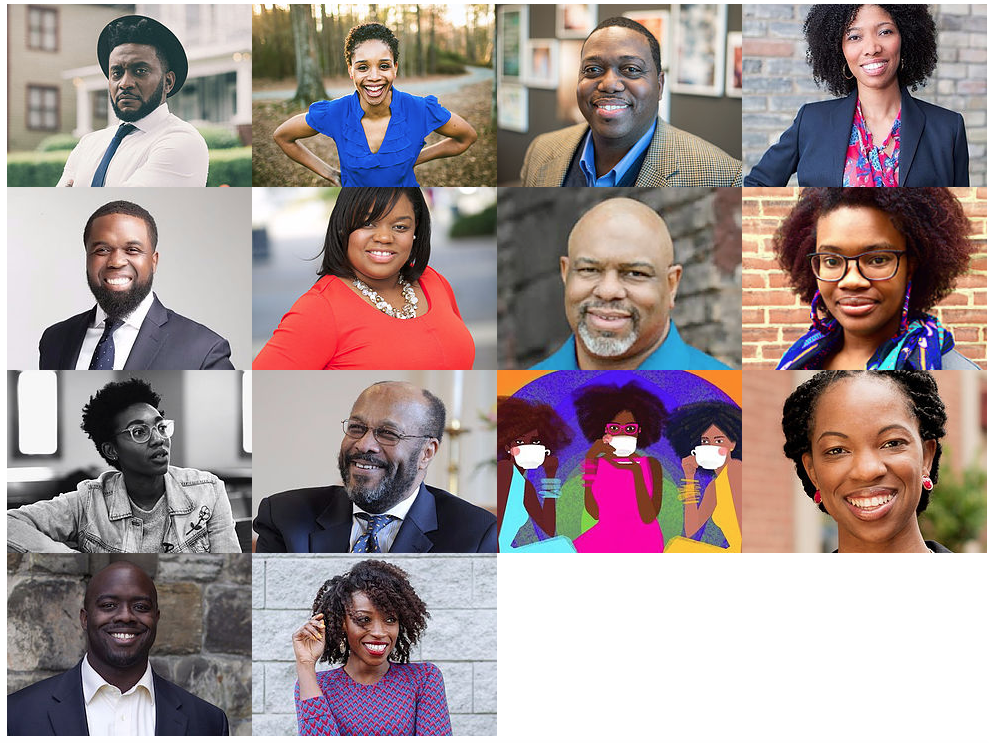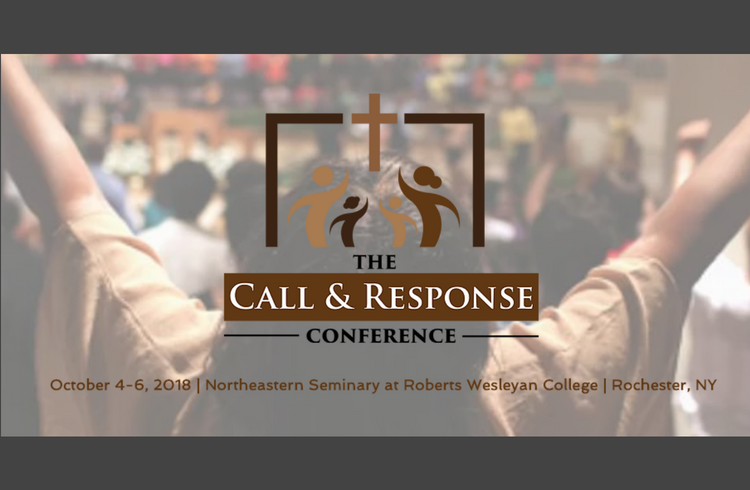A Personal Call
Sometime in 2016, JR Rozko, who directs the efforts of Missio Alliance, asked me if I was interested in doing a workshop at their upcoming conference in Alexandria, Virginia. I agreed, and when he asked me what issue I wanted to address, I said that I wanted to talk about Black Christians. Had the question been posed a year ago, my reply might have been different. I was knee deep in doctoral studies at that time and I might have suggested some obscure element of Pauline theology, but when he called, we were nearing the end of what I now call “The Bloody Summer” when it seemed as if every week there was another story of a Black person being killed or mistreated by police and civilians. We were not safe at pools, convenience stores, traffic stops, or playing with toys in our neighborhood.
I realized that if my scholarship did not touch directly on the concerns of Black people, then the long journey to become an academic was meaningless. Those deaths were not about me, but the families who lost loved ones. They were tragedies in their own right, but they reminded me of why I began the journey that has occupied much of my adult life. I wanted to help our people function and serve the Lord in a culture that was often hostile. The questions that would lead to the Call and Response Conference, then, filled my mind before the election later that year—an election which reconfigured the Christian landscape and left people of color questioning their place in the Church and the culture.
I wanted to speak about Black Christians because I noticed a few trends. First, there were questions within the Black community concerning the continued relevance of the Black Church. Groups like the Black Hebrew Israelites and radical Black nationalist organizations were questioning the ongoing need for the Black Church. Furthermore, some elements of the Black Lives Matters movement said quite openly that this was not your parents’ Civil Rights movement. The church would not take the lead. There was also the reality of Black millennials leaving the church. I grew up in the Black Church and love her still. But I thought that it might be helpful to have a conversation on ways that we may renew her.
I also realized that Black Christians were not all in the Black Church. Of the 79 percent of Black Americans who are Christians, 53 percent are in Black churches. 14 percent, however, are in evangelical churches. These Black Christians too had their own issues to ponder. The election raised new questions about the relationship between evangelical understandings of the gospel and the historic black union of the call to personal conversion and social justice. For all the talk about an exodus from evangelicalism, it remains the second largest cluster of Black Christians. We could not simply wish them away. They need our support too. But there were other Black Christians still; four percent of Black Christians are in mainline traditions.[1] For all the talk about an exodus from Evangelicalism, it remains the second largest cluster of Black Christians. Click To Tweet
A Corporate Response
It became clear that I lacked the knowledge base and the skill to speak to all these groups in the time allotted. We needed more time. As much as I was happy to be invited to speak at Missio Alliance’s conference, I noticed that in many conferences where the majority of the people in attendance are white, people of color find themselves at the “conference within a conference.” That is, we are trying to find the workshops and speakers that speak to our needs within a wider gathering whose attention is directed elsewhere. We huddle at lunchtimes and coffee breaks attempting to share stories and build relationships.
A group of us wondered what would happen if we did things differently? Lisa Fields, Natasha Sistrunk Robinson, Dennis Edwards, and myself (Santes Beatty would later be added to our number) dreamed about a conference that focused on the hopes and trials of Black Christians no matter where they found themselves.
Most conferences are either Black Church conferences or Black evangelical conferences or Black mainline conferences. Rarely are all three groups together in the same space. Rarely do we get to talk and strategize together. The Call and Response Conference wants to pool the resources of African Americans in different Christian traditions to think practically on how we might equip Black Christians and those who minister to them for gospel work in our day.
The Call and Response Conference wants to pool the resources of African Americans in different Christian traditions to think practically on how we might equip Black Christians for gospel work in our day. Click To TweetWhen I speak about our vision in this way, people often ask me if they are allowed to come if they are not Black. To which I answer a hearty, Yes! Christians of color for years have come to conferences when they were not in charge and found something valuable that blessed them. Furthermore, if you have Black Christians in your congregation or in your community, it might be valuable to listen to the issues that they face. It is a time to learn. This conference is for black Christians and those who minister to them. Therefore, if you are in one of those categories, you are invited. Nonetheless, this conference is not designed to explain Black culture to white Christians. It is a conversation within our culture about how we might effectively function as servants of the Lord in our day.
What can you expect at Call and Response? First there will be great speakers drawn from Black Churches, Black evangelical spaces, multi-ethnic churches, and mainline institutions. You can expect practical workshops on issues like: Black apologetics, publishing, youth work, equipping women, blacks in academia, community development, and more. We will be led in worship by a powerful choir drawn from churches here in Rochester, NY. There will be concerts featuring artists like Amena Brown and Sho Baraka, but most importantly, we are hoping that God shows up and speaks a word to his people about the work that he has given us to do in our day. We hope to see you there.
You are warmly invited to join us October 4-6 at Northeastern Seminary in Rochester, NY for this one of a kind event sponsored by our good friend here at Missio Alliance.
I encourage you to get more information and register soon before the early bird rate ends on August 3!

[1] http://www.pewforum.org/religious-landscape-study/racial-and-ethnic-composition/black/
